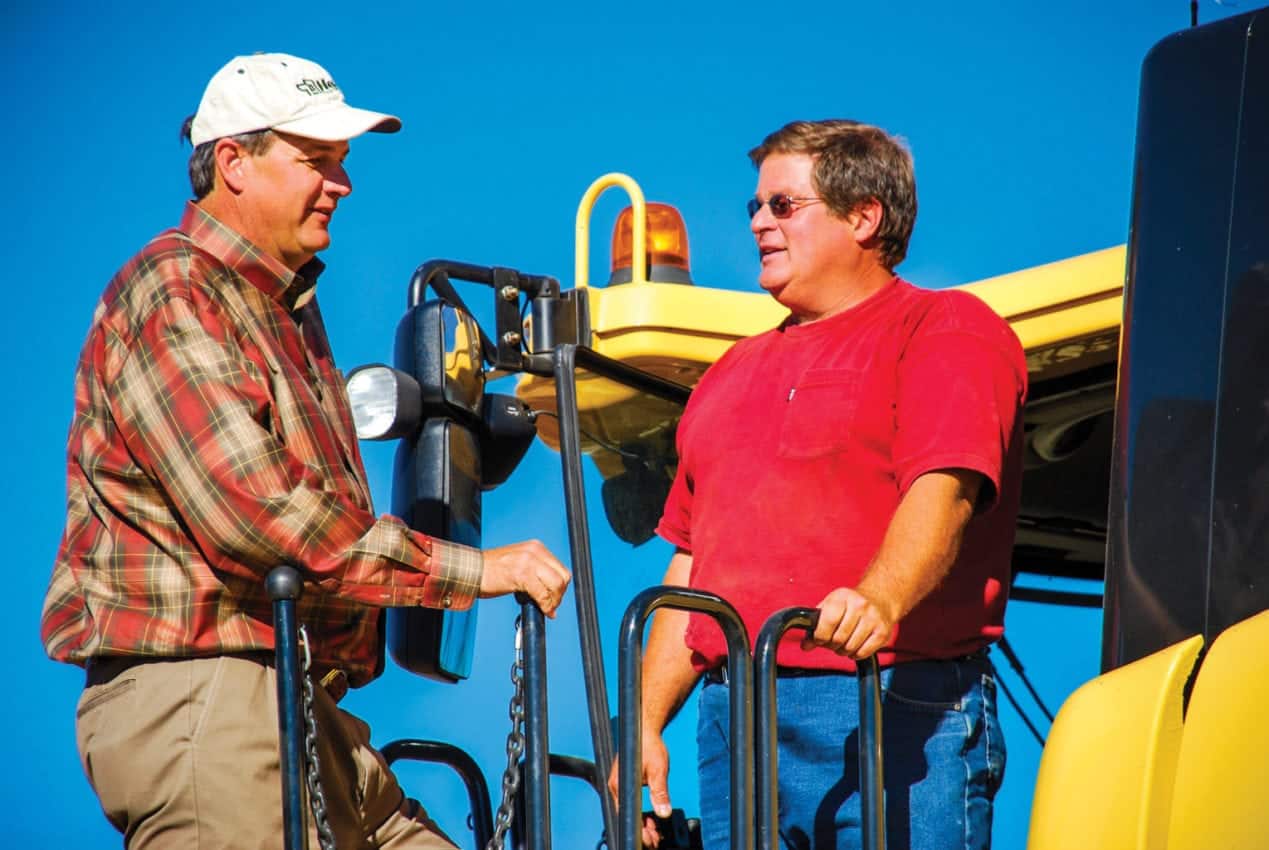 Written by Michael J. Krause
Written by Michael J. Krause
Agriculture and the agricultural industry meet basic human needs: food, fiber and fuel. Contributions provided by the “rural landowner” shape agriculture and the quality of life to which we have all become accustomed. Big data, agricultural policy and farm income are some of the largest challenges affecting rural landowners and they will have a significant impact on the future if they are not addressed.
With the advent of new technologies, the amount of information available to people has exploded exponentially, doubling every two to three years. “Big Data” will continue to transform how we live, work and think. It will be important for rural landowners to not only understand what Big Data is, but how data is owned and controlled, and, even more importantly, how to utilize the data to in order to make profitable decisions for their operations.
Agricultural policy is ever-changing. It affects everything from succession planning and the right farm entity structure to farm program sign-up and crop insurance type. New and unknown government mandates and regulations make it nearly impossible to plan for the future. It will be important for the rural landowner to continually monitor policy so that their agricultural assets are positioned to withstand changing administrations and shifting policy priorities.
Returns for rural landowners have been generous the past five years. U.S. land values fueled by record commodity prices have been at an all-time high. Agricultural credit and the ability to borrow capital have been taken for granted. Landowners should be aware this trend will not continue into the 2014 crop year.
Following 2012’s record high commodity prices and the 2013 when the corn supply almost doubled, farm income for 2014 will be significantly lower because of drastically lower commodity prices. Rural landowners will need to adjust to this change when purchasing crop inputs, purchasing new land or setting future cash rents. Tight breakevens will require production costs to be analyzed to ensure each cash outlay will produce added value to the after-tax bottom line.
For rural landowners to prevail through adversity, it will be important for them to align themselves with an American Society of Farm Managers and Rural Appraisers industry expert, either a professional accredited farm manager or accredited appraiser who can help navigate the changes and overcome future challenges.
Michael J. Krause, AFM, ALC is a Vice President and the Regional Manager of the Omaha office of Hertz Farm Management, Inc., overseeing operations in Nebraska and western Iowa. Mike has been a member of ASFMRA since 1992 and received his AFM designation in 1997. He has served at the national level as the District VI Vice President and is currently serving as chairman of the Management Education/Accrediting Committee.
This article was originally published in the premier issue of LAND Magazine, a Lands of America print publication. Subscribe here today!
